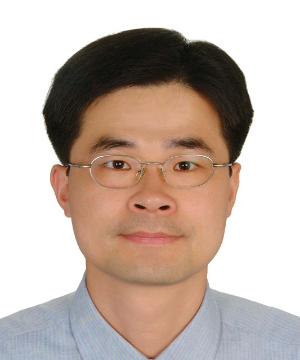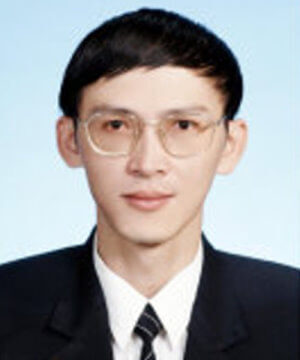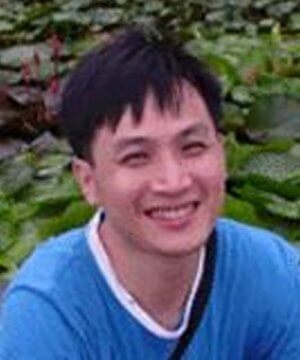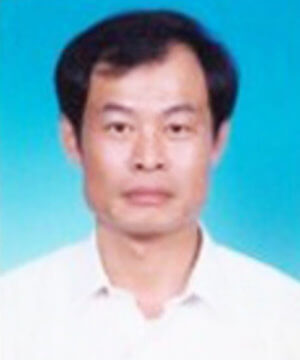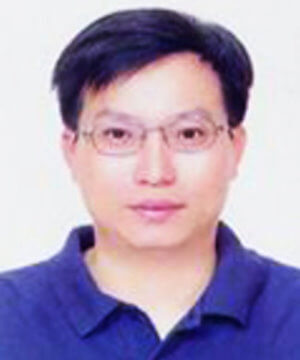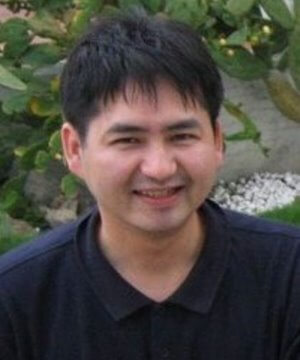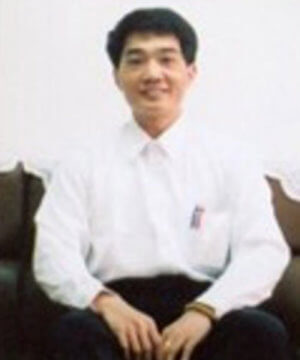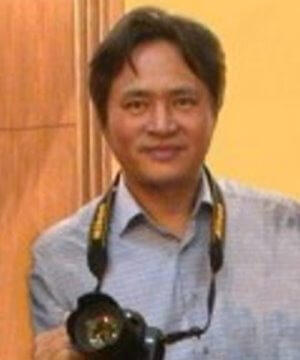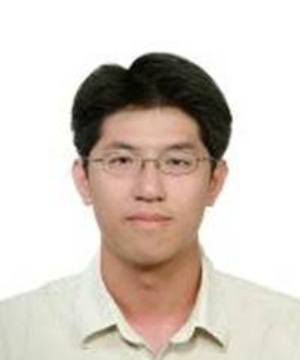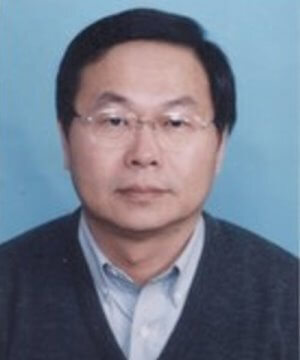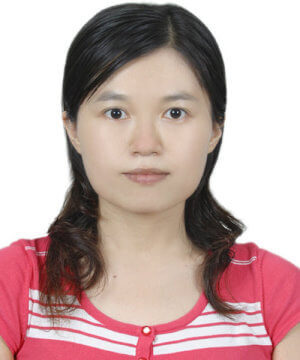| Multimedia Systems Laboratory |
- This laboratory builds multimedia hardware and software to combine multimedia elements, primarily conducting research regarding multimedia information hiding and authentication, advanced image processing, computer graphics, and related applications. The laboratory is also involved in the development of algorithms and program implementation. This laboratory enables learning how to think independently, develop problem-solving methods, report achievements, and write dissertations.
|
| Natural Language Processing and AI Systems Laboratory |
- Laboratory supervisor: Feng-Long Huang
Research direction:
- Natural language processing in native languages in Taiwan:
Chinese to Hakka (Sixian dialect) speech synthesis system, into which Chinese sentences or articles are input to produce Hakka speech based on sentence analysis modules, rhythm information modules, and speech synthesis modules.
- Internet of Things system integration and development:
The Hao Ke Pinyin Input Method: Users input Hakka vocabulary or Hakka phrases in abbreviated pinyin and choose outputs; the Play button can play the pronunciation of Hakka vocabulary words or phrases; Hakka Language Learning System: converts into Hakka dialects and plays the results out loud.
- Taiwan Hakka Language Smart Home:
Currently only in the Sixian and Hailu dialects, this AI system is aimed at building an integrated home and intelligent environment for elderly Hakka speakers and enabling them to control their home appliances using Hakka dialects; for instance, commands for turning lights on and off, opening and closing doors, as well as calling for help. The system responds in Hakka languages to achieve an interactive home scenario and build the first Hakka-language intelligent home in Taiwan.
|
| Application of the Smart Data Sciences Laboratory |
- This laboratory currently engages in topical research into the practical applications of big data and information science, the practical applications of AI, applications of the Internet of Things, service-type AI robots, AI autonomous vehicles, intelligent voice commands, and the applications of embedded AI edge computing systems.
|
| Wireless and Mobile Networks Laboratory |
- The Wireless and Mobile Networks Laboratory explores wireless network and mobile computing technologies as its main directions of research and development, with a research focus on the Internet of Things, wireless sensor networks, telecommunication networks, and cloud computing. Research into the Internet of Things mainly explores topics on energy-conservation and applications. The wireless sensor networks component primarily explores efficient data transmission and data-gathering methods. The telecommunication networks component discusses next-generation wireless communication network technologies, and the cloud computing component discusses technologies for cloud computing.
The research topics are as follows:
- Wireless network technologies and applications
- Mobile computing technologies and applications
- Internet of Things technologies and applications
- Wireless sensor network technologies and applications
- Telecommunication network technologies and applications
- Cloud computing technologies and applications
|

